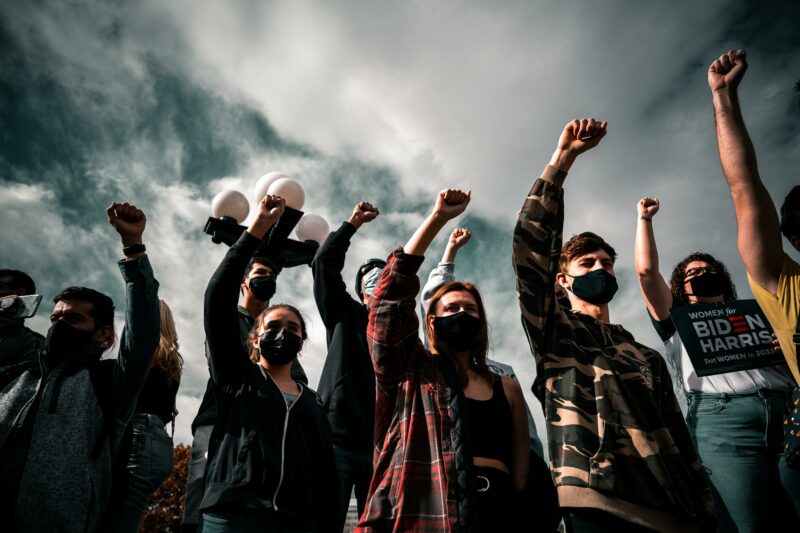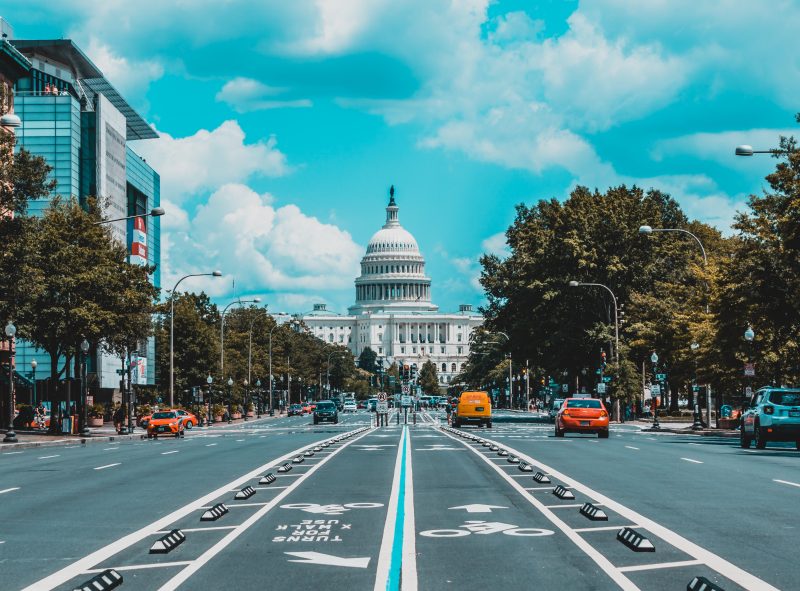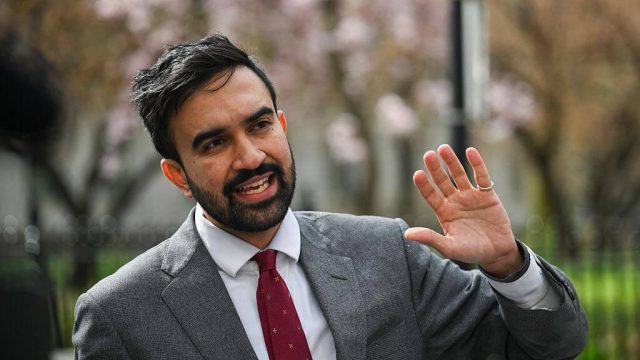Prosperity, security, identity – is democracy up to the challenge?
Our convenor Oliver Greenfield reflects on recent developments in France and around the world

Politics matters. Democracy matters. In representative democracies we are supposed to put our trust in leaders who will understand our troubles and will effectively tackle them on our behalf. So what are those troubles?
In both the UK and France, right now the cost of living is the number one public concern. Millions are facing impossible choices between eating or heating, living in fear of soaring bills and wondering if they can be paid. All this is accompanied by talk of inflationary pressures and a possible recession, while politicians with little lived experience of poverty talk of switching to value brands.
Who is left behind?
In France, the UK, the US and elsewhere, these economic concerns are intensified by a deeper loss of identity and status. Social discourse is riven with cultural warfare, tribal posturing and identity politics, and it seems harder than ever to find what unites us as a society. The challenges that we face require cohesion and shared sense of purpose; instead we seem ever-more polarised.
“ In this time of fragmentation, how do we create inclusive solutions that recognise the lived experiences of multiple communities? Can any one person, one party or one system transcend these sociological gulfs and deliver real change?”
And so, the French elections hardly seemed a triumph of the representative democratic system. Nobody seemed to be voting for anything, instead voting against the alternative – against a liberal pro-business elite who put Europe ahead of France, versus a populist nationalist right, who claims French First trumps all other considerations.
It is very difficult to believe that Macron has the mandate he wanted to make the economic reforms he believes are necessary. One French political analyst, Jerome Jaffre described the results as showing a “major sociological gulf” in the electorate. Macron has made the usual promises to unify the country – the same ones he made five years ago.
We have seen this before. Brexit Britain, Trump’s US, Bolsonaro’s Brazil, Modi’s India.
Deep fault lines and false ‘solutions’
These fault lines run deep in France, in Europe, in America and across the world. False “solutions” that claim to protect but only penalise; charismatic and “authentic” politicians who claim to speak for a largely ignored and unrepresented constituency; communities and citizens who see their status diminishing and economic prospects dwindling.
In this time of fragmentation, how do we create inclusive solutions that recognise the lived experiences of multiple communities? Can any one person, one party or one system transcend these sociological gulfs and deliver real change?

Perhaps instead of hoping against hope for some philosopher king, the ‘right answer’ or a specific electoral coalition to save the day, we need to recognise the humanity and beauty of diversity and inclusion. Perhaps instead of changing the figurehead at the top of the system, we need to change the system itself.
Ask not what your country can do for you
People have a right to housing, food, energy, water, work, health, education, social protection. They also have a right to a decent future. Securing both present rights and future opportunities would seem to be central to a renewed social contract. With these rights come responsibilities.
This will not happen just by sitting back and leaving it to the status quo. We need active interventions and processes to improve democracy, to hear voices, concerns, and to recognise that different people experience issues differently. We need ways to capture the long- and short-term interests of people and balance them in a way that leads to optimised green and fair solutions, solutions that do not accept the divisive trade-offs of the past but instead recognise and cohere what we have in common.
Our processes need to encourage representation and connections within communities. Our policies need to connect and reflect the views of ordinary citizens against vested interests. And our institutions need to devolve decision-making to communities, to support real choices for their future.
We call this, a social contract. These interventions will give a social mandate for power to lead the economic transition to greener and fairer societies and economies. The promise of better outcomes for all will enable people to tolerate and support bearing the costs of transition and the behaviour changes required to achieve these outcomes. This is the new social contract.
Let us put our faith in the wisdom of crowds. We believe that a reenergised democracy can rise to the challenges we face. In fact, we believe that it’s the only thing that can. To end where we started, democracy matters – but we need to do it better. That starts with inclusion, acceptance, and forging connections. If you’re interested in joining us in this work, do let us know.
- Oliver Greenfield, GEC


